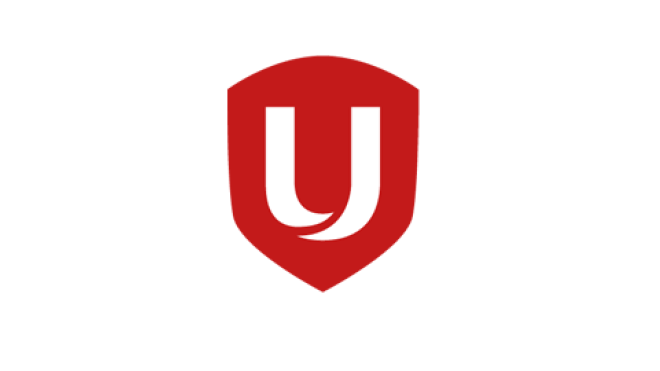Starting June 20, 2025, federally-regulated employers, including transportation, banks, and telecom companies, will be restricted from using replacement workers during strikes or lock-outs.
Those who violate the new law will face fines of up to $100,000 a day.
This once-in-a-generation update to federal labour law didn’t happen by chance. Our union – our members and activists - made winning federal anti-scab legislation a reality.
For many years, Unifor campaigned in favour of anti-scab legislation in all jurisdictions. The national campaign was endorsed by delegates at regional Councils and the 2022 Constitutional Convention, and our members did what we do best – mobilized into action to make the case that it was time for anti-scab legislation at the federal level.
Even when we win, the fight continues. From the very beginning, our plan was to win federal legislation, then take the fight to the provinces, because we know the vast majority of workers in Canada are governed by provincial labour legislation.
Even in British Columbia and Quebec, where they already have anti-scab legislation, the laws need to be tightened and loopholes eliminated. There is much more work to be done!
Anti-Scab legislation now!
Unifor calls on all elected officials at the provincial and territorial level to enact anti-scab legislation, in accordance with a set of basic principles based, in part, in existing legislation in Quebec, BC, and international jurisdictions. This anti-scab legislation should:
- Prohibit employers from using replacement workers for the duration of any legal strike or lockout, specifically banning the use of any employee or contracted workers to perform the duties of a bargaining unit employee;
- Prohibit employers from using both external scabs (those hired specifically to replace striking or locked out bargaining unit members), as well as internal scabs (new hires, members of the bargaining unit who might otherwise cross the picket line, or any other employees at any of the employer’s establishments, including managers);
- Include significant financial penalties for employers who defy the anti-scab legislation, to be calculated on a per day basis for the duration of the period of non-compliance; and
- Allow for the very limited use of temporary workers, only to undertake essential maintenance work to protect the integrity and safety of the workplace, but not to contribute to the ongoing, normal operation of the workplace.





